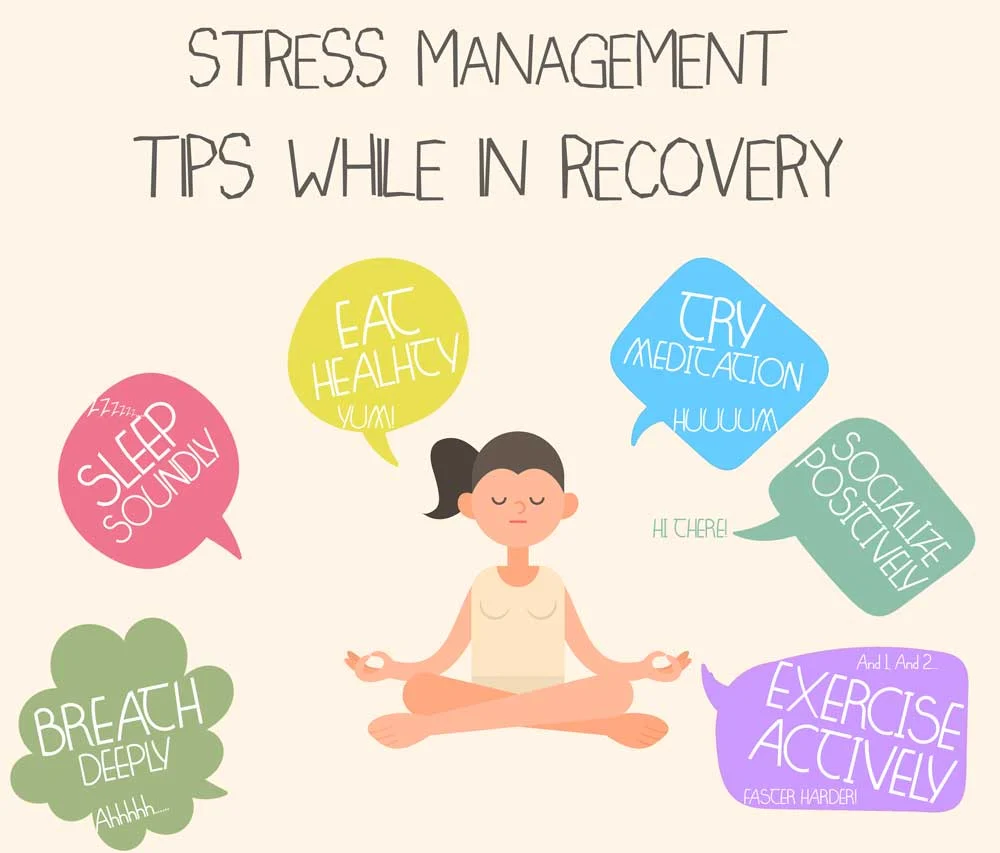Stress is an inevitable part of life, but it’s important to find ways to manage it and maintain balance. Ways to Manage Stress and Maintain Balance include exercise, meditation, spending time with loved ones, and practicing mindfulness. By incorporating these activities into our daily routine, we can help reduce stress and achieve a greater sense of equilibrium in our lives. It’s crucial to find healthy ways to cope with stress, as chronic stress can have negative effects on both our physical and mental well-being. It’s also important to recognize our personal limits and make time for self-care in order to maintain a healthy balance in our lives.
In addition to the traditional methods of managing stress, there are alternative approaches that can also be effective. Some people find relief through creative activities such as painting, writing, or playing a musical instrument. Others may benefit from seeking professional help through therapy or counseling. Finding a balance between work and leisure time, as well as setting boundaries with technology and social media, can also contribute to managing stress. It’s important to explore different options and find what works best for each individual in order to maintain a healthy and balanced lifestyle.
1. Exercise and Physical Activity
Engaging in regular physical activity and exercise is an effective way to manage stress and maintain balance in life. Exercise helps to reduce levels of stress hormones in the body, such as cortisol, and stimulates the production of endorphins, which are natural mood lifters. Whether it’s going for a run, practicing yoga, or participating in team sports, finding a form of exercise that you enjoy can have a positive impact on your mental and emotional well-being.
In addition to the physiological benefits, exercise can also provide a break from the stressors of daily life and serve as a form of meditation in motion. It allows individuals to focus on the present moment, clear their minds, and release built-up tension. Making time for regular physical activity can contribute to a sense of balance and overall well-being.
2. Mindfulness and Meditation
Practicing mindfulness and meditation techniques can be a powerful way to manage stress and maintain balance. Mindfulness involves paying attention to the present moment without judgment, which can help individuals let go of worries about the past or future. Meditation, on the other hand, involves training the mind to achieve a state of deep relaxation and heightened awareness. Both practices can help reduce stress and promote a sense of inner peace.
There are various forms of mindfulness and meditation, including guided meditation, body scan exercises, and mindful breathing techniques. Engaging in these practices regularly can help individuals develop a greater capacity to cope with stress, improve their focus and concentration, and cultivate a more balanced and harmonious way of living.
3. Healthy Eating Habits
Adopting healthy eating habits can play a significant role in managing stress and maintaining balance. Consuming a well-balanced diet that includes a variety of fruits, vegetables, whole grains, lean proteins, and healthy fats can provide the body with the nutrients it needs to function optimally. Additionally, certain foods, such as those rich in omega-3 fatty acids and antioxidants, have been shown to have mood-boosting and stress-reducing properties.
Furthermore, practicing mindful eating, which involves paying attention to the sensory experience of eating and being aware of hunger and fullness cues, can help individuals develop a healthier relationship with food and reduce emotional eating. By nourishing the body with wholesome foods and being mindful of eating behaviors, individuals can support their overall well-being and better manage stress.
4. Time Management and Prioritization
Effective time management and prioritization are essential for managing stress and maintaining a sense of balance in life. By organizing tasks, setting realistic goals, and allocating time for activities that are important and meaningful, individuals can reduce feelings of overwhelm and create a greater sense of control over their lives. Prioritizing responsibilities and making time for self-care can help prevent burnout and promote overall well-being.
Utilizing tools such as to-do lists, schedules, and calendars can aid in managing time effectively and ensuring that tasks are completed in a timely manner. Learning to say no to non-essential commitments and delegating tasks when possible are also important aspects of time management that can contribute to a more balanced and stress-resilient lifestyle.
5. Social Support and Connection
Seeking social support and maintaining meaningful connections with others can be an important factor in managing stress and maintaining balance. Spending time with friends, family, and supportive individuals can provide a sense of belonging and emotional validation. Sharing experiences, seeking advice, or simply enjoying the company of others can help reduce feelings of isolation and promote a greater sense of well-being.
Engaging in activities and hobbies with others can also foster a sense of community and provide opportunities for relaxation and enjoyment. Whether it’s joining a club, participating in group outings, or attending social gatherings, nurturing social connections can contribute to a more balanced and fulfilling life.
6. Setting Boundaries
Setting healthy boundaries in various areas of life, such as work, relationships, and personal time, is crucial for managing stress and maintaining balance. Establishing clear limits on the demands placed upon oneself and communicating those boundaries to others can help prevent feelings of being overwhelmed or overextended. It can also contribute to a greater sense of autonomy and self-care.
Setting boundaries may involve learning to say no to excessive workloads, prioritizing self-care and leisure time, and establishing limits on the expectations of others. By setting and respecting boundaries, individuals can create a more sustainable and balanced lifestyle that supports their overall well-being.
7. Seeking Professional Help
Seeking professional help, such as therapy or counseling, can be an important step in managing stress and maintaining balance, especially for individuals experiencing chronic or overwhelming stress. A mental health professional can provide support, guidance, and coping strategies tailored to an individual’s specific needs and circumstances. They can also help individuals explore the root causes of their stress and develop effective ways to manage it.
Additionally, seeking professional help can provide a safe and confidential space for individuals to express their feelings, gain perspective on their challenges, and work towards creating a more balanced and fulfilling life. Whether through individual therapy, support groups, or other mental health services, seeking professional help can be a valuable resource for managing stress and promoting overall well-being.
8. Practicing Self-Care
Engaging in regular self-care practices is essential for managing stress and maintaining balance. Self-care encompasses a wide range of activities and behaviors that prioritize one’s physical, emotional, and mental well-being. This may include activities such as taking time for relaxation, pursuing hobbies and interests, getting adequate sleep, and engaging in activities that bring joy and fulfillment.
Self-care also involves setting aside time for reflection, self-exploration, and nurturing self-compassion. By making self-care a priority and incorporating it into daily routines, individuals can replenish their energy, reduce stress, and cultivate a greater sense of balance and harmony in their lives.
| Ways to Manage Stress | Ways to Maintain Balance |
|---|---|
| Exercise regularly | Practice mindfulness and meditation |
| Eat a balanced diet | Set boundaries and learn to say no |
| Get enough sleep | Make time for hobbies and interests |
| Connect with others | Prioritize self-care |
| Seek professional help if needed | Manage time effectively |



